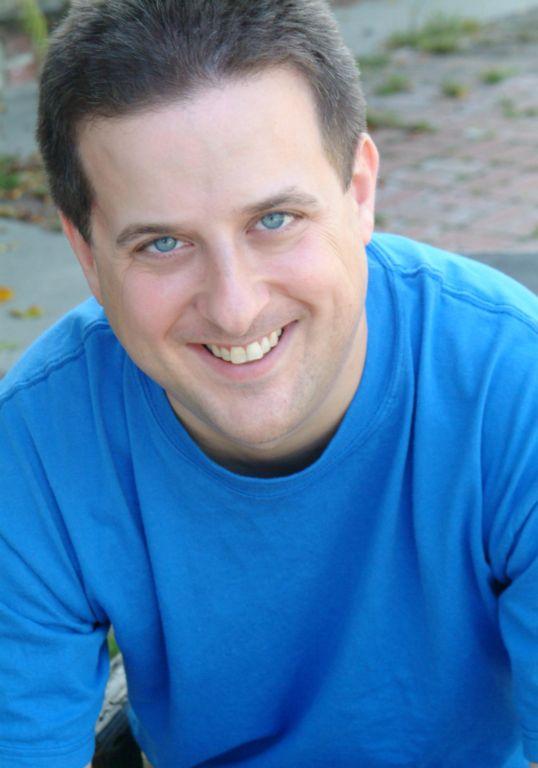Already casting a huge shadow over major league baseball, performance-enhancing drugs have generated more controversy this week. Human growth hormone has joined steroids in the glaring media spotlight. Reeling from the scandal, the commissioner’s office has decided to create something positive out of the mess. Bud Selig announced that major league baseball will create a spelling bee, in which all the words used are on the league’s banned substances list.
The announcement comes in the aftermath of a raid by federal officials that found human growth hormone and other performance-enhancing drugs in the home of Arizona pitcher Jason Grimsley. The now-former Diamondback admitted that he had used human growth hormone, amphetamines, and steroids in order to bolster and prolong his career. Prior to this week, Grimsley was best known for crawling through a Comiskey Park air conditioning duct in 1994 to retrieve Albert Belle’s allegedly corked bat, which had been confiscated by umpires. So while Grimsley has been unremarkable as a pitcher, he has long been an All-Star cheater.
The federal investigation will certainly find its way to many other major leaguers, causing a public relations nightmare for the MLB office. The commissioner feels that the spelling bee could help to make the best of a bad situation. Selig remarked, “When federal investigators give you lemons, make lemonade. L-E-M-O-N-A-D-E. Lemonade.”
Each major league team will have one boy or girl represent it in the competition. The official rules of the Scripps National Spelling Bee will be in effect. Contestants will be asked to spell words such as androstenedione, stanozolol, and dehydrochloromethyltestosterone. Players suspended under the MLB drug policy could also provide material. For example:
Moderator: “Your word is ‘Palmeiro.’”
Contestant: “Could you use it in a sentence, please?”
Moderator: “Rafael Palmeiro told Congress, ‘I have never used steroids. Period.’”
Contestant: “Palmeiro. F-A-K-E-R. Palmeiro.”
Like major leaguers, the spellers will be subjected to a drug test before they compete. No positive tests are expected from the children, but officials do have one major concern. An excessively nervous contestant could do all his peeing in his pants, before he manages to do so in a cup. Any contestants who do test positive will be removed from the competition and revoked of video game privileges for a month.
The league office feels that the competition will be very popular with the public. Recent spelling bee-themed films Akeelah and the Bee and Spellbound have centered much attention on the contests. ABC even televised the finals of the 2006 Scripps National Spelling Bee in prime time. However, the network was apparently confused when it agreed to broadcast the competition. Having experienced success with series such as Charlie’s Angels, The Love Boat, and Dynasty, ABC thought it would be televising a show by Aaron Spelling.
The commissioner’s office hopes that the spelling bee aids the league in a sometimes elusive goal: connecting with kids. The contest will be held in Williamsport, Pennsylvania to coincide with the Little League World Series. Having the two events in the same venue will allow for one of the hallmarks of youth to take place: athletes making fun of smart kids.
Numbers have always been special for baseball, with 56, 755, and .406 instantly recognizable to fans. However, the cloud of performance-enhancing drugs has cast doubt about many seemingly impressive figures. To major league baseball, there’s one way to respond to what many consider the cheapening of its numbers. With letters.
Saturday, June 10, 2006
MLB To Hold Banned Substances Spelling Bee
Posted by
Jack Archey
at
9:35 PM
![]()
Labels: Major League Baseball, steroids





